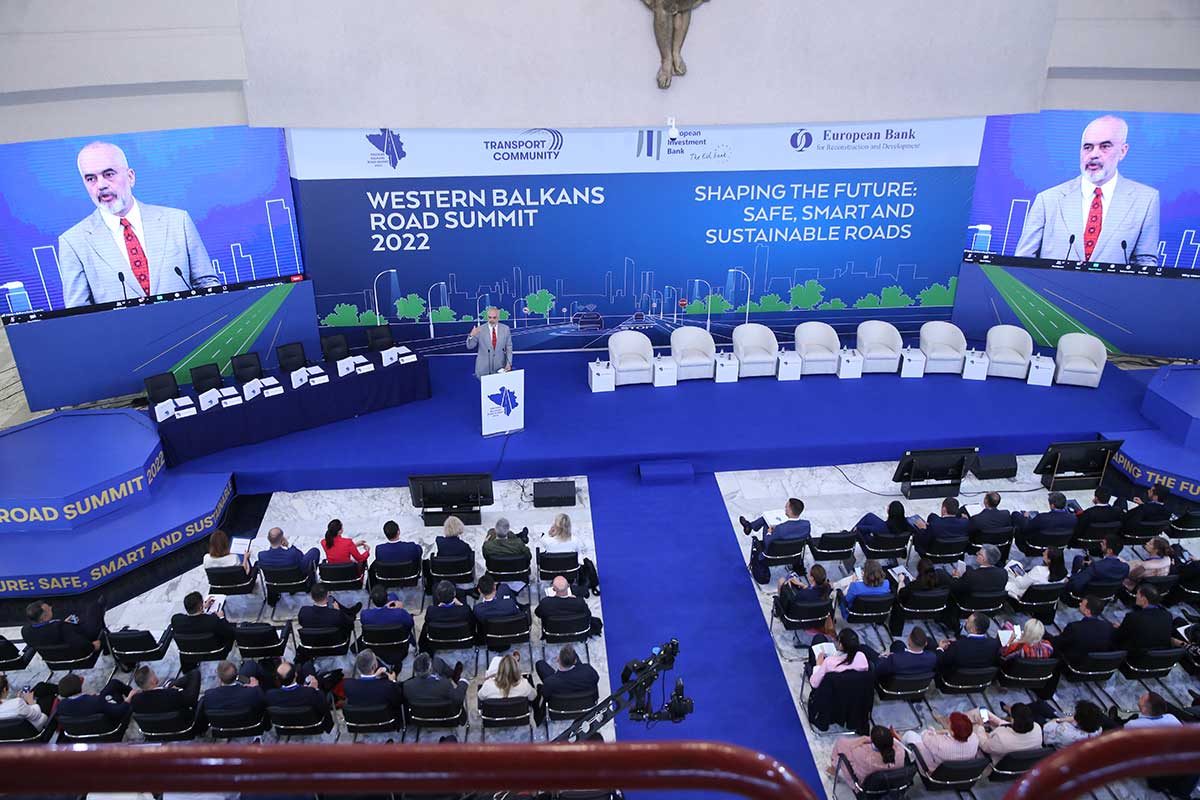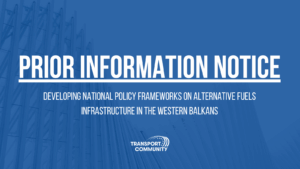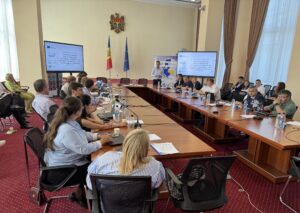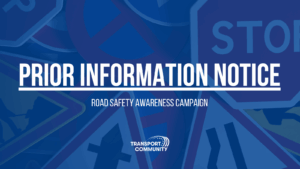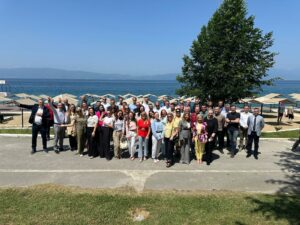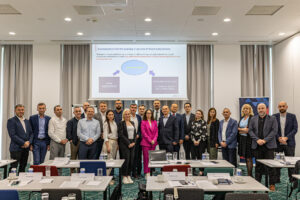The Western Balkans Region Commits to Rehabilitating and Building Smarter, Safer and more Sustainable Roads
Tirana, 7 June – Development of the indicative extension of TEN-T Road Network to the Western Balkans will bring our region closer together and integrate it with the European Union. This was recognised as key priority of the pledge “Dedication to Roads of the Future”, signed today by all ministers in charge of transport at the Western Balkans Road Summit held in Tirana. The summit, which was organised by the Transport Community Permanent Secretariat, the European Investment Bank (EIB) and the European Bank for Reconstruction and Development (EBRD), and under the auspices of the Ministry of Infrastructure and Energy of Albania, gathered ministers from the Western Balkans, representatives of the European Commission and practitioners of road sector for discussions on how to create a climate resilient, intelligent, and resource-efficient road network in the Western Balkans.
The authorities committed to a number of priorities including to set in place road maintenance systems, rehabilitate the existing infrastructure, work together on e-tolling interoperability, increase safety and build e-charging stations across the region. Exploiting the opportunities offered by digitalisation and innovation to attract young people and women to the sector and to improve services for businesses and people is also one the priorities.
“I am pleased that governments in the region are dedicated to development of a sustainable road transport network, while at the same time promoting green mobility, climate proofing of road networks and deployment of emission zero fuels. Greening of road transport must go hand in hand with improved road safety. Building of safe infrastructure and protection of road users remain our priority as we all take concrete actions in our respective areas by adopting the “Vision Zero” perspective and the “Safe System” approach. This means acknowledging that when road crashes occur, a safe system will be in place to prevent serious injuries or deaths,” said Matej Zakonjsek, Director of Transport Community Permanent Secretariat.
In practice this means identifying the most dangerous sections of the road network and increasing the safety of level crossings where 59% of fatal and serious accidents happen in the region. To tackle this issue, Transport Community developed a public awareness campaign for improving safety of rail/road intersections that targets a wider audience via dedicated events, social media campaign and printed materials. All the measures are aiming to decrease the number of accidents on rail level crossings towards “Vision Zero” deaths by 2050. The EIB also adopted necessary strategies to integrate road safety into its compliance framework, create targeted investment programmes and increase advisory support in this area, as well as for the rehabilitation and climate adaption of existing road infrastructure and development of safer, green, smart and efficient road network in the region.
“Through new partnerships and financial platforms, the EIB expanded its financing and advisory for investments contributing to safer transport, as part of the global drive to halve the 1.35 million annual global road deaths by 2030. In the Western Balkans region, the EIB financed the rehabilitation and safety improvements of hundreds of kilometres of roads and is developing a region-wide programme for sustainable rehabilitation on the existing road network alongside with the European Commission and other financing partners. Our aim is to adopt a holistic approach that ensures the economic viability of our road projects, including their adaptation to climate change, while respecting the environment, improving safety and promoting social wellbeing. With our new branch – EIB Global, we are ready to accelerate implementation of flagship projects under the Economic and Investment Plan.”, said EIB Vice-President Lilyana Pavlova, responsible for the Western Balkans region.
Jürgen Rigterink, EBRD First Vice President, said: “Anyone who has travelled in the Western Balkans by road understands how important it is to have an integrated, functioning and resilient road network: for local communities, for trade and tourism, and for the European integration. To date, the EBRD has financed over EUR 2.5 billion to build or upgrade approximately 40 roads in the Western Balkans. On 20 of these roads, works are either ongoing or about to start. For the next stage, we currently have nine projects in the pipeline. The planned extension of the European TEN-T transport networks, including roads, will connect more exporters with trade ports in the Adriatic and Black seas, including two ports in the Western Balkans. Together with the EU and other partners, we focus on building safe and well-maintained roads, making sure the financing is sustainable for the countries, and decarbonising the sector.”
Road Summit participants expressed dedication to making the road sector socially fair, by focusing on workers’ fundamental rights and healthy and safe working environment. Promoting a more inclusive, diverse and gender-balanced road sector will attract youth and offer better services for businesses and people.

